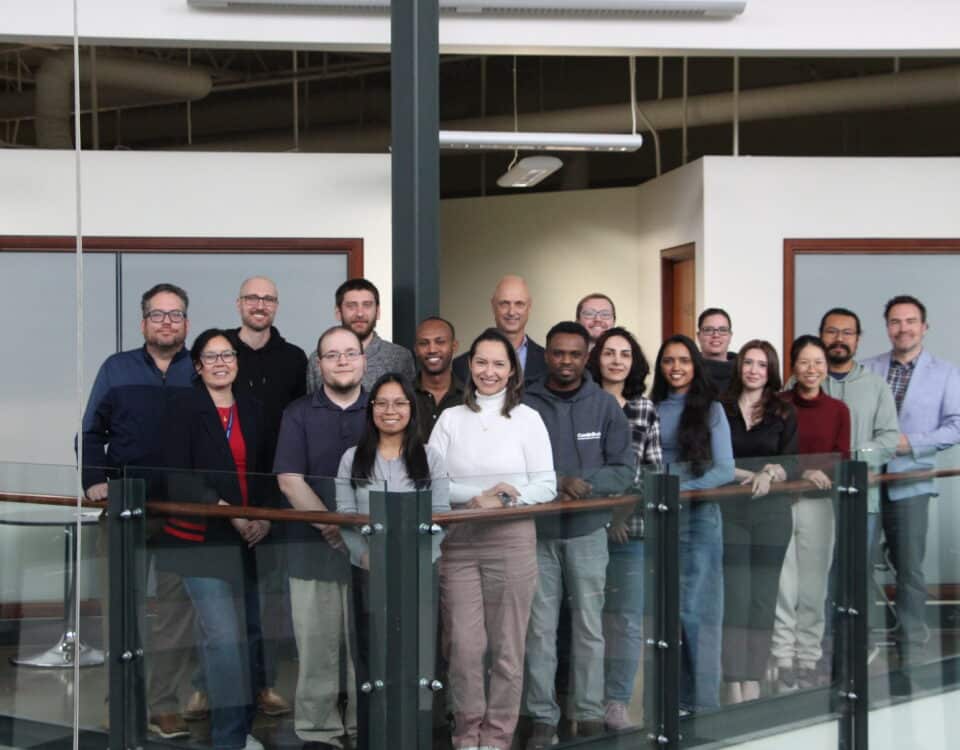Three Key Questions; City Bin Theme; India Tour; Hotel Cut-off
April 19, 2012Tony Hsieh’s Best Advice; Five Keys to Landing Big Clients; Hangover Heaven
May 1, 2012The Lost Tapes; Steve Jobs’ Big Lesson; PayPal Founder; Registration Reopened
| "…keeping you great" HEADLINES: (short insight – swamped in India this week) PayPal Founder on Creative Monopolies — Peter Thiel, PayPal founder and early investor in Facebook, is teaching in the Stanford Computer Science Department. In this excellent David Brooks' NY Times Op-Ed piece (which includes a link to Thiel's course notes!), Thiel argues "we often shouldn't seek to be really good competitors. We should seek to be really good monopolists. Instead of being slightly better than everybody else in a crowded and established field, it's often more valuable to create a new market and totally dominate it. The profit margins are much bigger, and the value to society is often bigger, too." I couldn't agree more. Take two minutes and read at least the first half of this short column. Steve Jobs: The Lost Tapes — Brent Schlender (I love how he writes) discovers a bunch of lost interview tapes with Steve Jobs and pens a highly insightful FastCompany article about the lessons Steve Jobs learned during what people have called his "wilderness years" – the time between when he was fired from Apple and when he took back the reins. This article is going to take you a good ten minutes to read, so take that needed break between a couple grueling 90 minute sessions on your computer and dive in. Learned Radical Focus — one of the most important lessons Steve learned, from his time with Pixar, was the power of just working on one major project at a time. He took the lessons from film production and applied them to the creation of the iPod, iPhone, iPad, and the retail store – the idea that you bring a diverse team of skills together for a set period of time and you accomplish just one big thing – like you do when creating an award winning animation. Tom Peters was the first to suggest that Hollywood was the best model for how all work would be best accomplished in the future – and he's absolutely right! Favorite Paragraph — for those who just can't spare the time to read the article, Schlender notes about the wilderness years "The lessons are powerful: Jobs matured as a manager and a boss; learned how to make the most of partnerships; found a way to turn his native stubbornness into a productive perseverance. He became a corporate architect, coming to appreciate the scaffolding of a business just as much as the skeletons of real buildings, which always fascinated him. He mastered the art of negotiation by immersing himself in Hollywood, and learned how to successfully manage creative talent, namely the artists at Pixar. Perhaps most important, he developed an astonishing adaptability that was critical to the hit-after-hit-after-hit climb of Apple's last decade. All this, during a time many remember as his most disappointing. Favorite Sentence — "Of the three companies Jobs helped create, Pixar was the purest corporate and organizational expression of his nature. If NeXT was a travail of spite and malice, Pixar was a labor of love." I also liked the insights about incentive structures Steve learned – worth reading the article just to glean these ideas – and how Brent outlines the biggest mistakes Jobs made along the way. Thanks to Paul Dunn, founder of Buy1Give1 (a cool website for doing micro-giving activities – over 10 million tracked) for pointing me to this important article. Registration Reopened and the Group Room Rate extended for the FORTUNE Leadership Summit – it's why we enjoy working with Marriott. They have extended our $169 group room rate until this Friday, April 27, and arranged for a larger ballroom (now expecting over 700!) so we can clear our extensive waitlist and admit a few more. |

